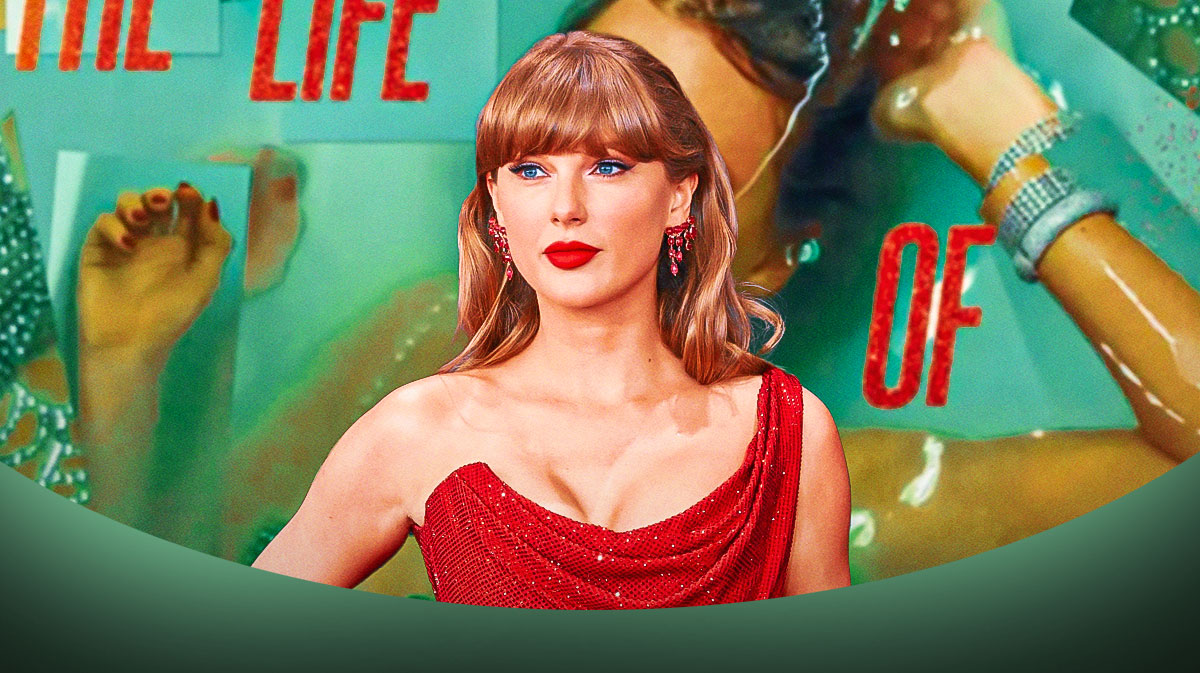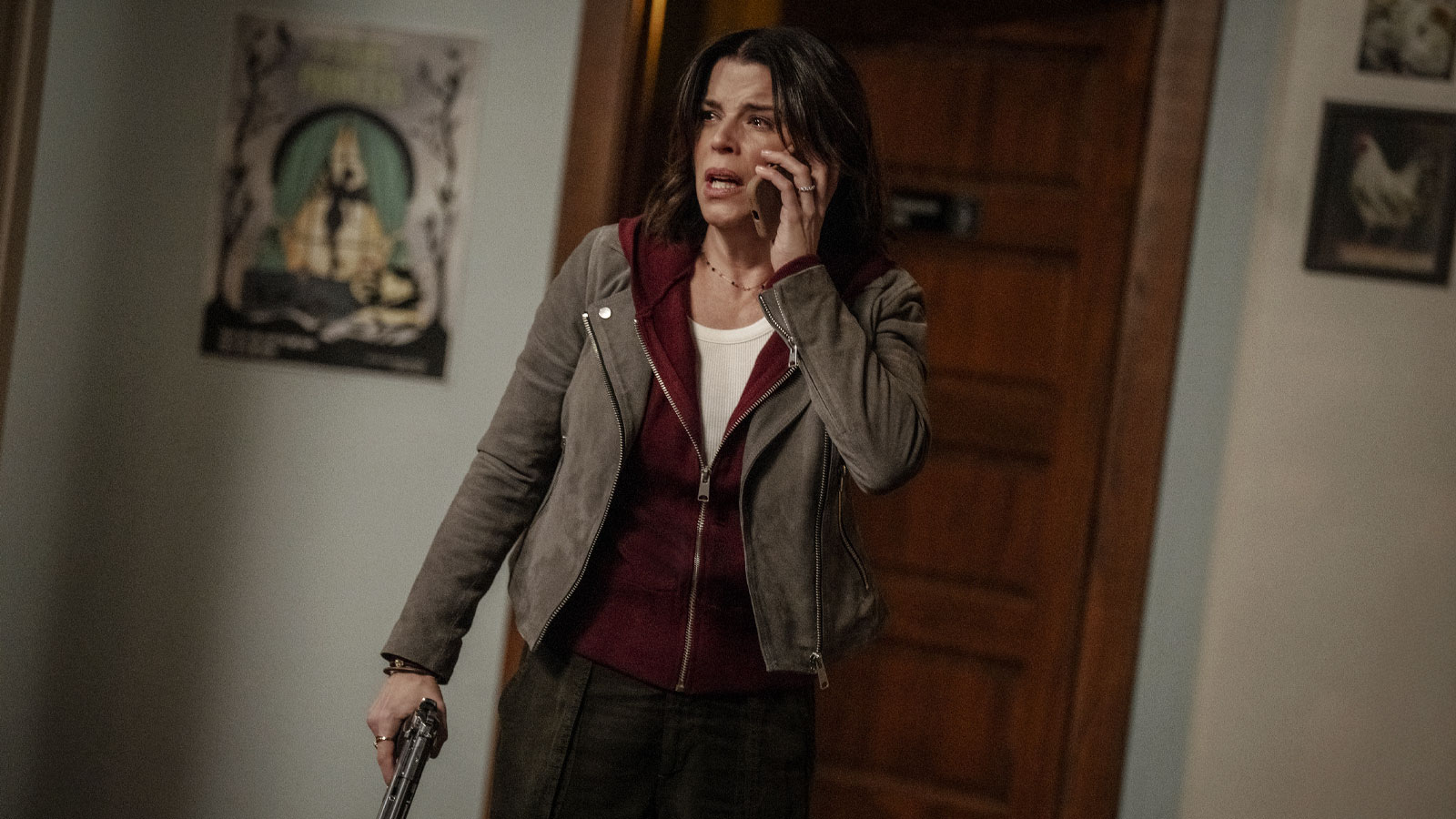The last few years have not been kind to Taylor Swift between Midnights and The Tortured Poets Department. She is now back with her 12th studio album, The Life of a Showgirl, a return to pop music for Swift.
The Life of a Showgirl marked the reunion of Swift with producers Max Martin and Shellback. This change could help prove who the real culprit of Swift's creative bankruptcy is: herself or producer Jack Antonoff.
All signs pointed towards Antonoff. While his drab style, full of an over-reliance on synthesizers and drum machines, certainly didn't help either of her last two albums, Swift's lyricism continues taking a step back with The Life of a Showgirl.
What happened to her subtlety and cleverness? The upbeat pop of The Life of a Showgirl puts a nice gloss on an otherwise okay album. It lacks any songs that truly stick with you — the dreadful “Fortnight” may be more of an earworm than anything on The Life of a Showgirl, past first listen.
The Life of a Showgirl is a step in the right direction for Swift. However, it almost feels like her best days as a lyricist are behind her.
Taylor Swift's The Life of a Showgirl review

Opening with the album's long single so far, “The Fate of Ophelia,” Swift makes it clear that The Life of a Showgirl is a new sound for her, even if the Shakespeare-derived title of the song feels like it belongs on The Tortured Poets Department.
She had gotten stuck in a paradox of bleak writing that was as dreary as Antonoff's production. Her wispy vocals are reminiscent of Lady Gaga, and it's a drastic change of pace from her last few albums.
At times, The Life of a Showgirl brings back the joy of 1989 and Lover. At others, it does fall victim to the flaws of Midnights and The Tortured Poets Department, from the very obvious lyrics that come off like Swift trying to make a statement.
Even the angst of Reputation (and a little bit of Midnights' multi-layered vocals) seeps its way onto The Life of a Showgirl. The chorus of “Elizabeth Taylor” features some of the flair of something like “Ready for It?”
The Bruce Springsteen problem
Folklore and Evermore are the most grounded albums Swift has ever made. If they are her equivalent to Bruce Springsteen's Nebraska, The Life of a Showgirl is her Human Touch/Lucky Town, meaning she failed to fully get back to her glory days (pun intended).
Following Tunnel of Love, an album full of heartache, Springsteen started the early '90s with happier, more joyous songs on his Human Touch and Lucky Town albums, which were released on the same day.
The albums have their moments, but they pale in comparison to Springsteen at the height of his powers with the mighty E Street Band. Human Touch and Lucky Town do not feature his iconic backing band, and the attempt at joy falls flat.
That's what The Life of a Showgirl feels like. Swift desperately attempts to recapture her 1989 or earlier sound. But at this point in her career, she's spent so much of the last few years stuck in a rut, it feels manufactured.
The most hypocritical song
Perhaps there is no worse crime than “Actually Romantic.” Whether or not this is a Charli XCX diss track does not matter. Maybe Swift is being ironic, but she calls out someone for being obsessed with her, writing songs, and calling them out.
Isn't this what Swift made a career out of? She wrote “Dear John” for her third album, Speak Now. A diss track doesn't necessarily work if it's done in jest, so it's unclear what she's trying to say.
The song itself is catchy, but the lyrics make no sense. “But it's actually sweet / All the time you've spent on me,” Swift sings despite spending years focused on her exes.
It wasn't until The Life of a Showgirl that Swift started singing happy love songs again. “Actually Romantic” is a return to her pettiest form, for better or worse. It adds fuel to her fans' distaste of whoever it's about, but it also lacks any real punch, given how hypocritical it seems.
Should you listen to Taylor Swift's The Life of a Showgirl?

Your mileage on The Life of a Showgirl will depend on your tolerance of her self-indulgence. Swift has not lost her marketing genius, but her songwriting ability may be past its prime.
If you don't listen to The Life of a Showgirl too closely, it's likely a passable experience. The bops are there, but it's missing the joy of 1989 or the angst of Reputation or the soul of Folklore.
At times, it's genuinely plausible that Travis Kelce assisted her with the lyrics. In “Eldest Daughter,” Swift sings, “Every eldest daughter was the first lamb to the slaughter / “So we all dressed up as wolves and we looked fire.” That sounds more like a story from New Heights than a clever metaphor.
Swift is at a crossroads. Does she commit to being a full-fledged pop star or a poet? On The Tortured Poets Department, she acknowledges that she's “not Patti Smith,” nor is she Shakespeare.
The Life of a Showgirl is proof that Swift is at the height of her powers and completely bulletproof. Her return to pop is mixed, at best, but it feels full of songs that Swifties will take as deeper than they are.
Again, Jack Antonoff held Swift back on her last few albums. But it becomes increasingly clear that he was not the only problem. It doesn't matter what pen Swift wrote The Life of a Showgirl with — whether it be glitter-filled or a quill — the lyrics hold it back tremendously.
Taylor Swift's The Life of a Showgirl is out now.




















